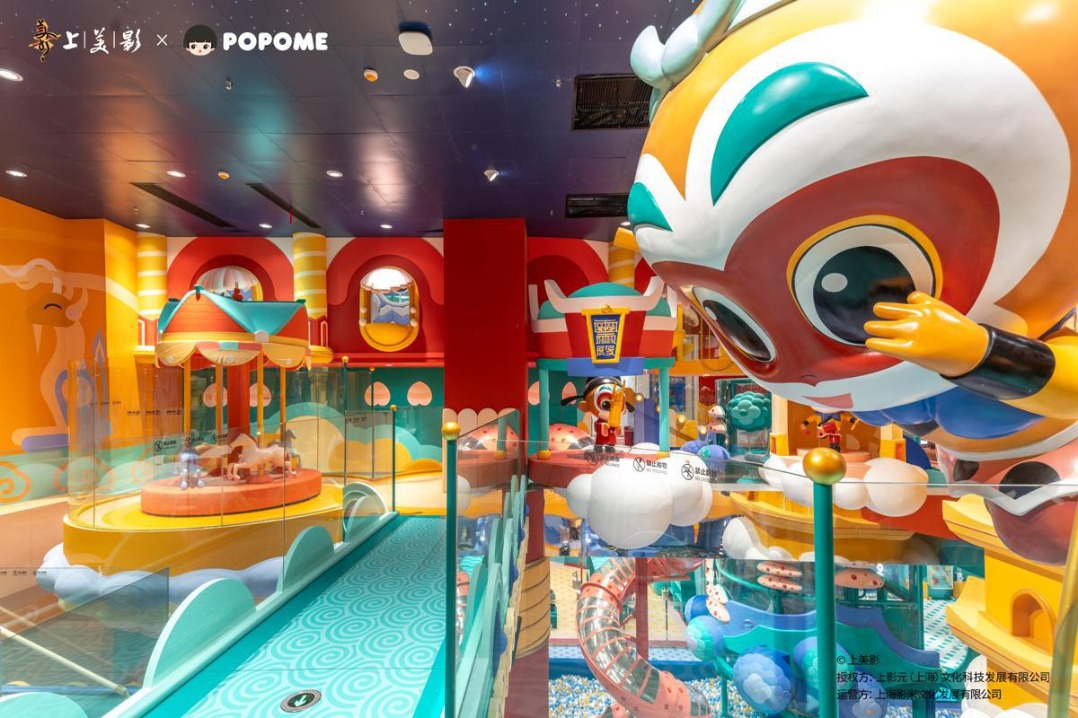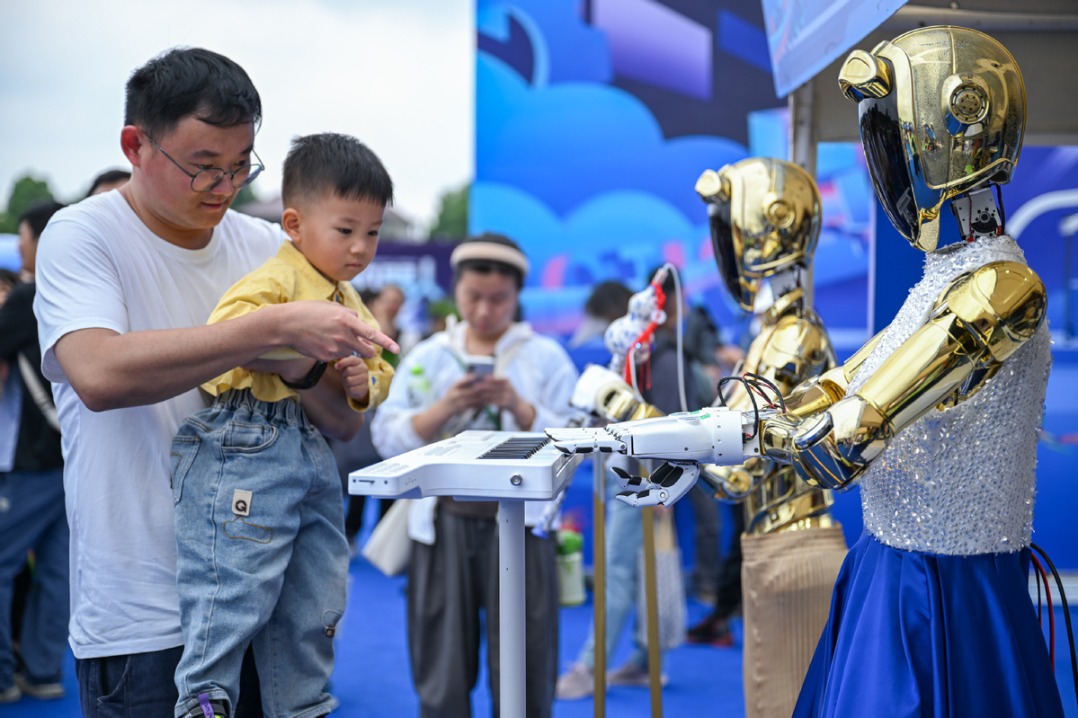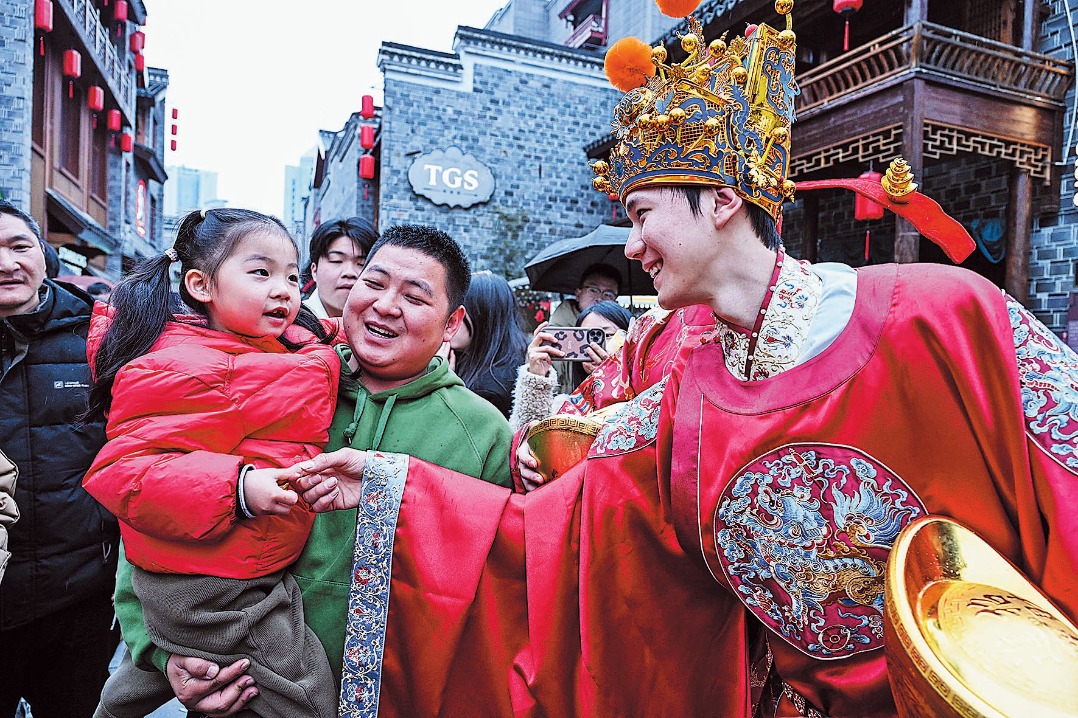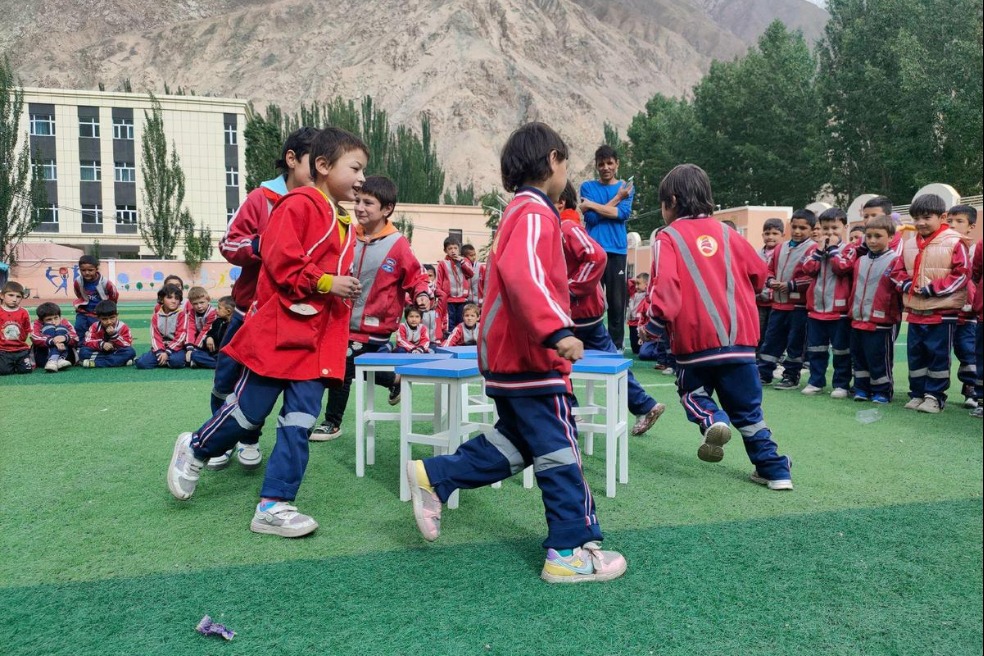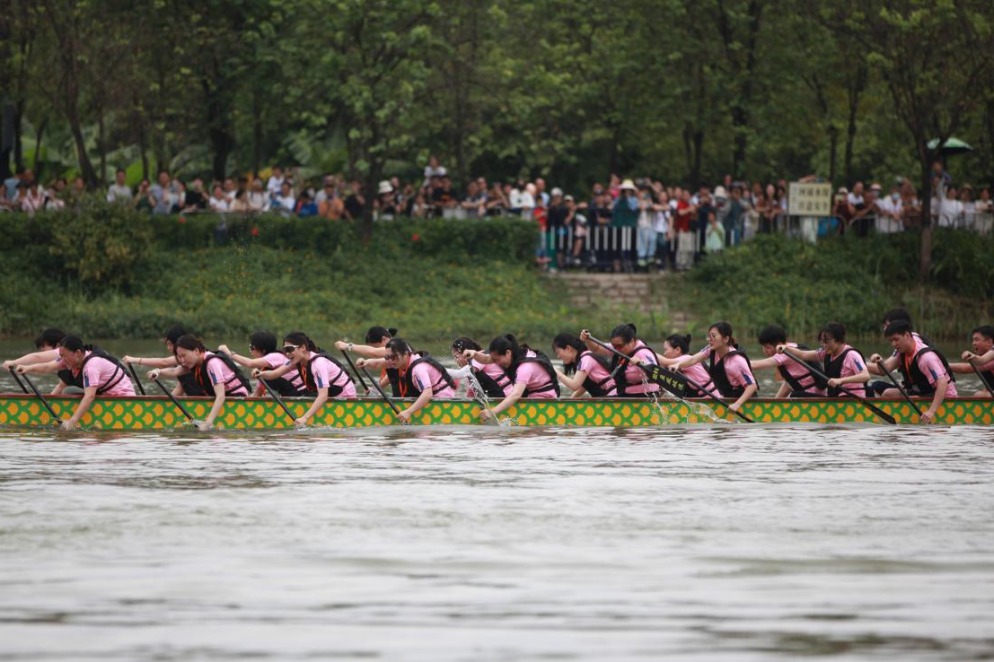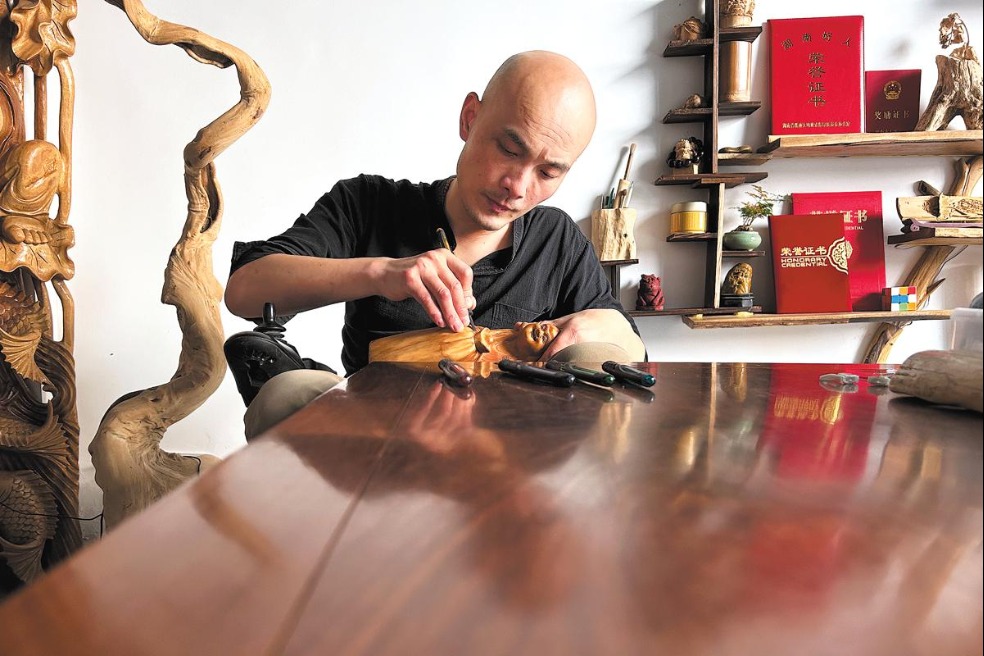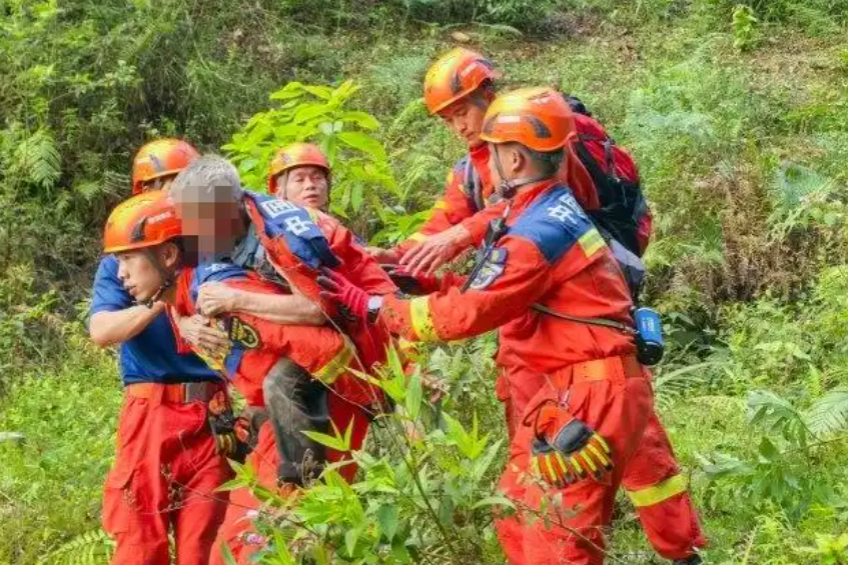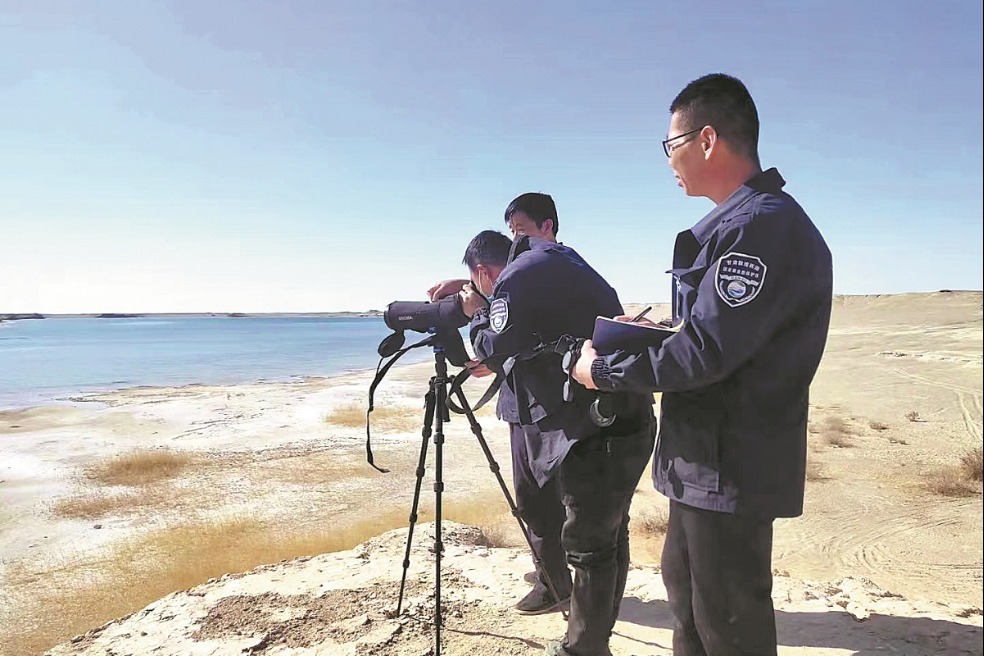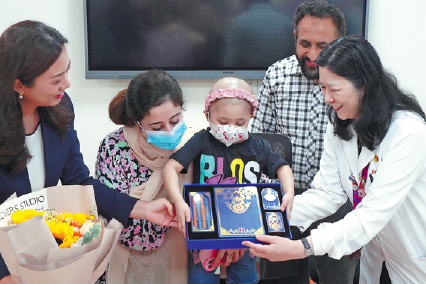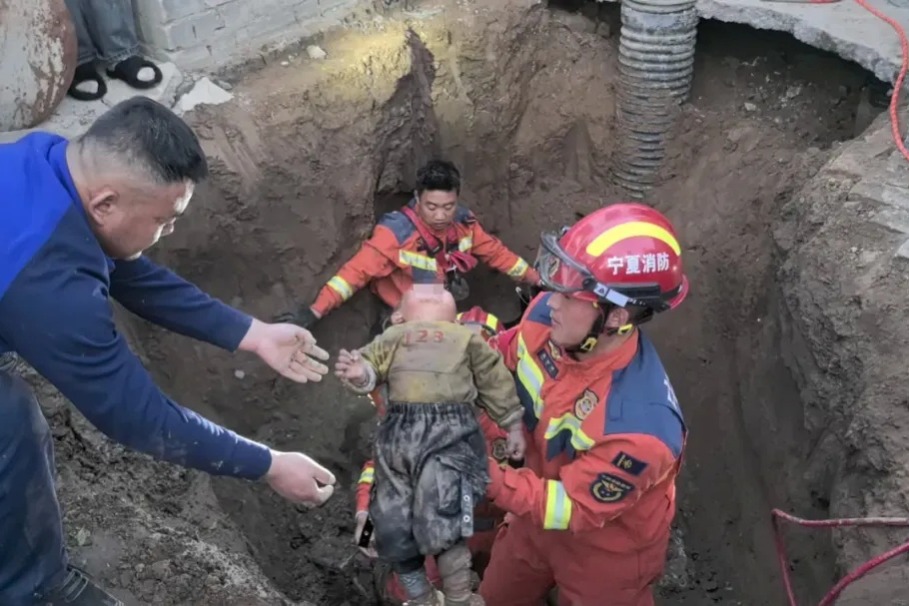Student fights leukemia in between class
Research project became lifeline for Liu Zechang during chemotherapy

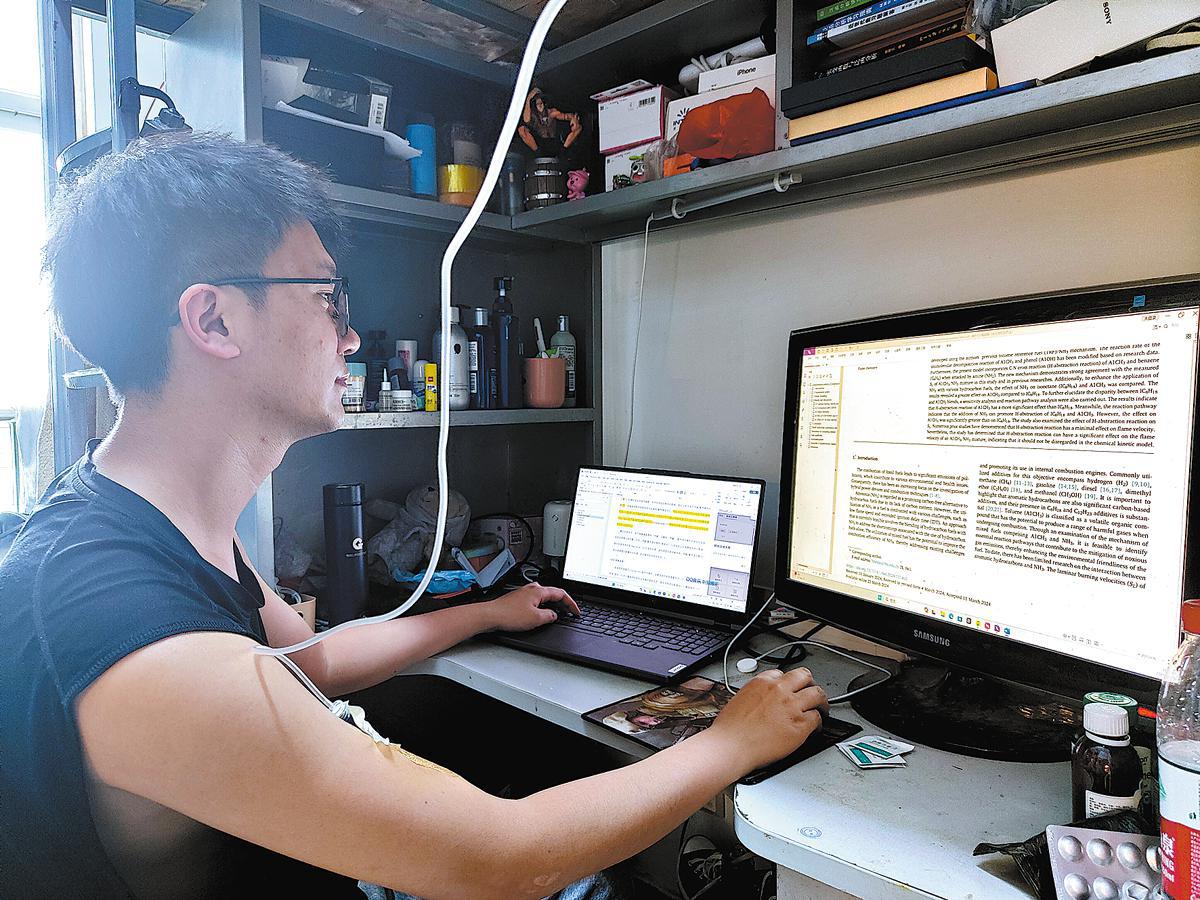
When doctors diagnosed 25-year-old Liu Zechang with leukemia five years ago, he was dumbfounded.
"I'd always been healthy. Leukemia was something I'd never even thought about," he recalled.
Confined to a sterile ward during his initial 45 days of chemotherapy, he grappled with visceral fear. "The scariest moment was when I fainted after standing up — doctors rushed in and I realized this disease could kill me," he said.
Nights were spent obsessively researching survival rates, while days blurred into cycles of transfusions and nausea.
Yet even as chemotherapy ravaged his body, the postgraduate student at Beijing Institute of Technology clung to an unshakable resolve — to advance his research on engine technologies that could fortify China's industrial prowess.
Amid the despair, research became his anchor. When peer-review comments arrived for his manuscript on engine combustion kinetics — a project he'd researched for over a year — Liu seized it as a lifeline.
Revising that paper distracted him from staring at the IV drip. Persisting through blurred vision and trembling hands, he worked on revisions between chemotherapy sessions.
The blood in his left eye meant he could only rely on his right eye to see, his fingers became much less flexible due to chemotherapy complications, and he had to rest every 20 minutes.
The paper's eventual acceptance by Fuel, a prestigious international journal focused on energy science, marked not just academic success, but a psychological turning point. "It showed me I could still contribute, even from a hospital bed," he said.
The cancer's resurgence on Chinese New Year's Eve in 2021 tested his newfound resolve.
He spent the most important festival with his family at the hospital ward in his hometown of Qingdao, Shandong province. He was rushed to Beijing the next day for better treatment.
"That 'relapse' felt like falling from a cliff. I'd just returned to the lab — how could I start over?" he admitted. Yet this time fear gave way to pragmatism. "My father bought dumplings for our hospital New Year's dinner. I realized I had to fight — not just for myself, but for my family," he said.
Having lost his mother during his graduate studies, the responsibility to shield his loved ones from additional pain became a driving force. "Before my illness, I was just a student following my father's guidance. But sickness taught me that family means standing together — no one should bear the burden alone," he said.
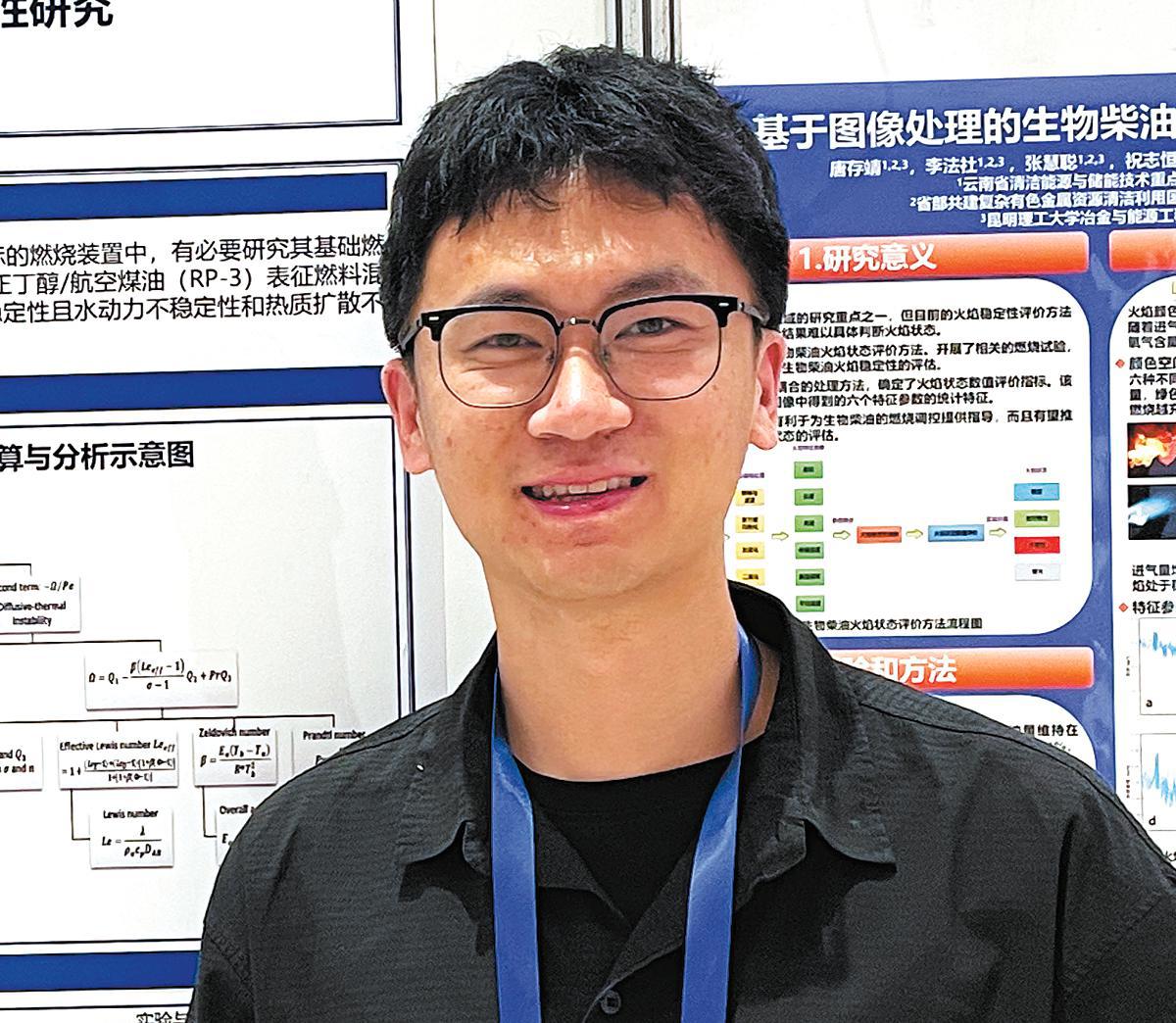
Over six brutal chemotherapy cycles, Liu's weight dropped from 75 kilograms to 52 kg. But he refused to halt his work.
"My professors and classmates kept calling to check on my condition. Their care made me feel better," he said. Between treatments, he taught himself to self-administer IV drips in his dorm, dedicating afternoons to experiments on ammonia-diesel engines.
Two years of maintenance therapy — daily infusions of arsenic trioxide, a drug derived from poison — forced Liu to confront mortality. "At first, I fixated on the 'five-year survival' countdown. But slowly, I learned to focus on today," he said. The ordeal reshaped his priorities: once a chronic night owl, he now prioritizes sleep and mindful living. "Nothing matters if your body fails."
His mentor's legacy also deepened his resolve. Liu Fushui, a late professor of Liu Zechang at the university who continued advising students from his deathbed while battling gastric cancer, became a guiding light.
Channeling this philosophy, Liu published 13 papers during treatment, optimized cold-start ignition strategies for high-altitude engines, and secured a national grant for ammonia-fuel research — a project aligning with China's carbon neutrality goals.
The ordeal reshaped his understanding of hardship.
"I used to think academic challenges were overwhelming. But battling leukemia made me realize that nothing compares to fighting for your life," he said. "Surviving months of chemotherapy made me fearless. If I could endure that, why fear a failed experiment?"
Today, as Liu recovers and prepares to graduate and continue his postdoctoral studies at the university, his perspective radiates hard-won wisdom. He volunteers as a tutor for rural students and mentors juniors at Beijing Institute of Technology. His ultimate goal — to develop clean-energy engines and train future engineers — is infused with gratitude.
zoushuo@chinadaily.com.cn















